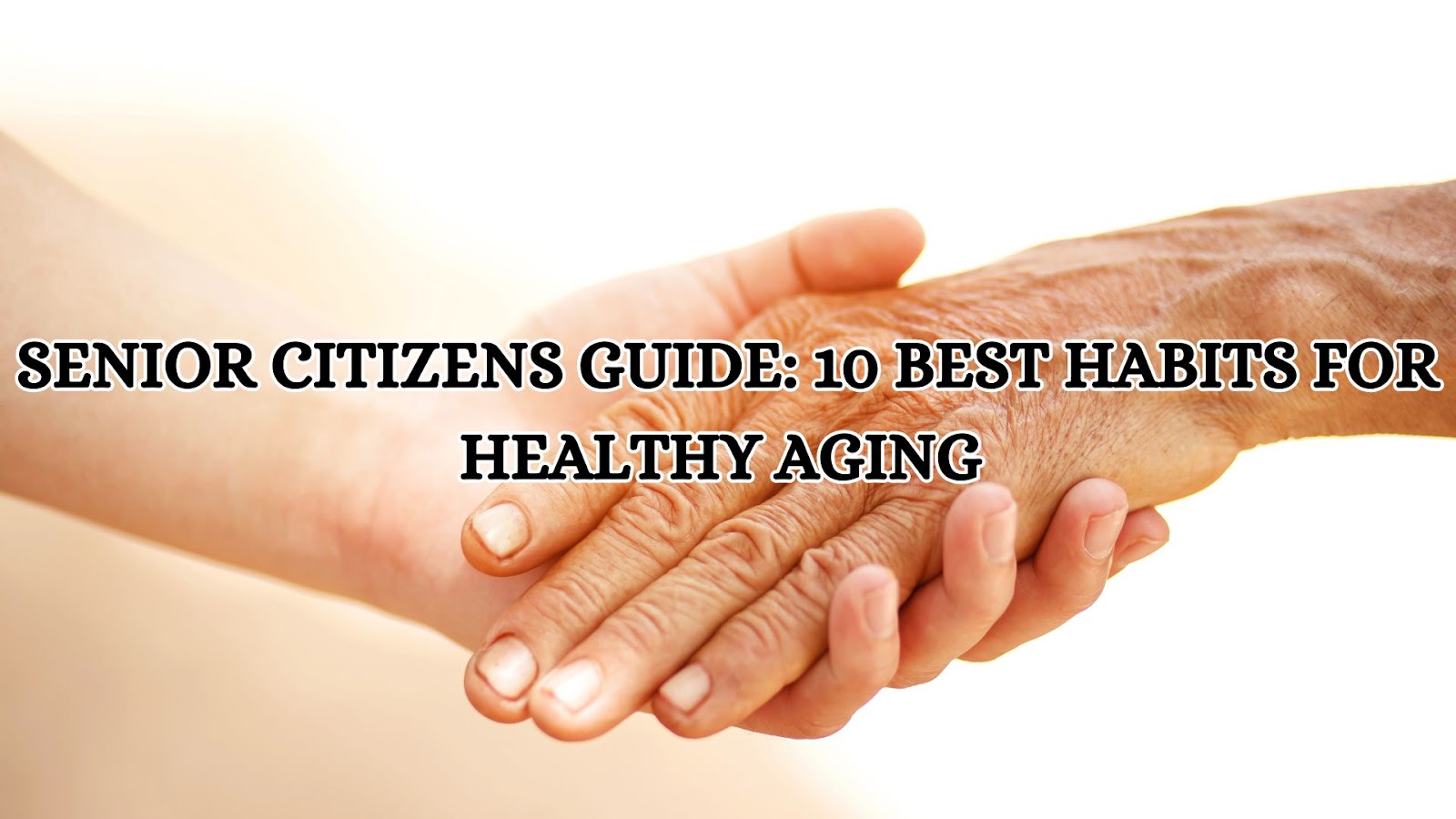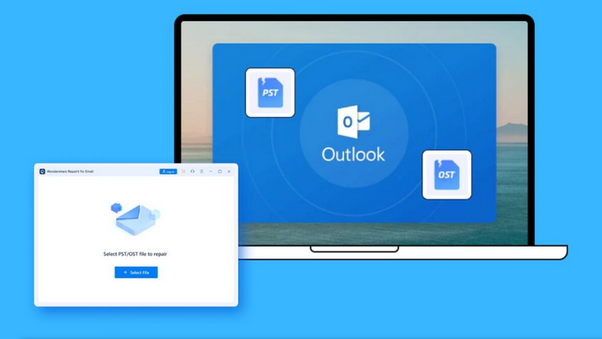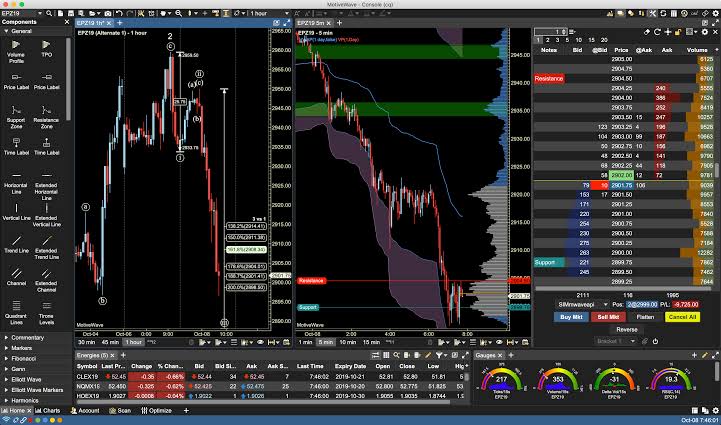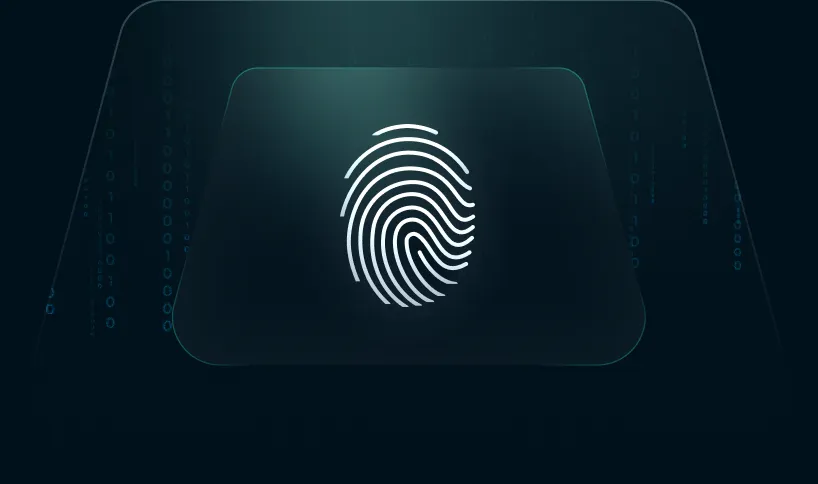WhatsApp has cemented itself as a global messaging giant, with over 2 billion monthly active users as of 2022. For businesses, integrating marketing and customer engagement efforts with a platform with their target audience is a massive growth opportunity waiting to be seized.
With such compelling usage metrics, it’s evident that integrating WhatsApp with a marketing platform like HubSpot can enable businesses to meet customers where they already are and engage them through their preferred communication channel.
This integration unlocks next-level marketing strategies spanning personalized and automated campaigns, lead generation, customer support, and more. Let’s explore the 8 strategies businesses can leverage to maximize value from HubSpot and WhatsApp together.
Table of Contents
Personalizing Customer Interactions
WhatsApp users have become the way billions of people around the world keep in touch. With so many users, it seems like companies should think about how they can use WhatsApp to connect with customers in a more personal way.
Leveraging the power of HubSpot WhatsApp integration opens up a realm of possibilities for marketers aiming to take their strategies to the next level. This can be beneficial for crafting personalized messages. For example, when someone places an order, the confirmation message could include their name and details about what they bought. Small personal touches like these can significantly enhance how connected and valued a customer feels.
Birthday promotions and loyalty rewards can be customized and scheduled based on CRM data. Such personalization boosts open and response rates. A customized approach also applies when engaging customers via WhatsApp support. Having access to previous conversations and customer history enables the delivery of personalized experiences.
Automating Customer Engagement
While personalization fosters deep connections with each customer, maintaining this at scale calls for intelligent automation. WhatsApp Business, used by only 7% of marketers, offers an untapped opportunity for automating customer engagement without losing the personal touch.
WhatsApp Business enables companies to automate messages and utilize chatbot-like capabilities for providing personalized customer support. Chatbots can be configured to handle common queries while forwarding complex ones to human agents. Automated conversational flows guide users and gather feedback.
Welcome messages, appointment reminders, order updates, and more can be automated based on triggers and workflows within HubSpot. This reduces manual efforts while delivering timely, personalized content. Human oversight maintains a human touch in the midst of automation.
Segmenting Your Audience for Targeted Campaigns
Automation streamlines engagement, but its true power lies in delivering the right message to the right audience. This brings us to the pivotal role of audience segmentation in WhatsApp, where broadcast lists can be strategically used to tailor campaigns to specific customer groups.
WhatsApp Business allows for audience segmentation using a broadcast list, enabling targeted campaigns tailored to specific customer groups. Customers can be grouped demographically to send targeted promotions.
Segments can also be created based on past purchases, interests, or user lifecycle stages. Campaigns personalized for each audience have higher relevance and response rates compared to generic blasts. Automated workflows further help scale segment-wise campaigns.
Utilizing WhatsApp for Lead Generation
Segmenting your audience is so important – it helps make sure your messages are relevant to each customer. And it sets the stage for the next major goal – generating new leads.
Right now only 7% of marketers are using WhatsApp for business. So there’s a huge opportunity to connect with customers and capture leads in new ways. You could run opt-in campaigns to share stuff like eBooks, coupons, and webinar invites. When people are interested, they can sign up and share their contact info.
Chatbots can assist in qualifying leads by engaging in real conversations and asking questions. And you could encourage existing happy customers to refer their friends – with a referral code they can share. Because WhatsApp makes it easy to send videos, audio, and documents, you can continue nurturing leads by providing them with valuable updates.
Enhancing Customer Support through WhatsApp
With over 175 million users contacting businesses daily via WhatsApp, it’s imperative for customer service teams to meet customers where they already are – on WhatsApp. Integration with HubSpot Service Hub equips agents with complete customer context during WhatsApp support conversations. This results in swift resolutions and higher satisfaction.
FAQ bots and automated responses for common queries ease the burden on human agents. Customers get 24/7 help while agents focus on complex issues. WhatsApp support complements email and call channels, giving customers flexibility. Post-conversation surveys measure customer satisfaction, contributing data for service quality improvement.
Tracking and Analyzing Campaign Performance
HubSpot’s integration with WhatsApp enabled the tracking of delivered and read receipts for messages, providing crucial campaign analytics. Data points like open rates, clicks, and responses reveal campaign effectiveness. If a campaign has low open rates, the targeting, messaging, or design needs reworking. Analyzing the peak response times provides insights for optimizing timing.
Ongoing monitoring gives insights to improve segmentation, automation, and workflows. A/B testing WhatsApp campaigns allows data-backed refinement. Analytics, when paired with real user feedback, create a comprehensive view to improve future campaign performance. Tracking ROI illustrates the concrete business impact of WhatsApp marketing efforts.
Integrating WhatsApp into Your Overall Marketing Strategy
To realize WhatsApp’s full potential, integration with other channels is key. For instance, email campaigns can direct subscribers to opt-in to WhatsApp updates. Social media posts can drive traffic to WhatsApp chatbots. Syncing messaging and workflows across channels results in unified, omnichannel customer experiences.
WhatsApp acts as a complementary awareness channel and reinforces engagement initiated through your website, ads, or emails. Data exchange between WhatsApp and other HubSpot tools empowers cross-channel personalization. Unified analytics provide helicopter views of multi-channel campaign performance. Ultimately, Strategic integration of WhatsApp enhances your overall marketing strategy..
Adhering to Compliance and Privacy Regulations
While WhatsApp enables innovative marketing, compliance with regulations is imperative. WhatsApp requires that businesses obtain opt-in consent before contacting users. So permission must be taken for promotional communication. Then, data use should adhere to the GDPR and other privacy laws.
WhatsApp user data cannot be transferred to third parties without consent. Strictly following data security protocols is also advised. Most importantly, users should be given easy opt-out from communications to avoid intrusive marketing. Proactive compliance builds customer trust.
Leveraging Advanced Features of WhatsApp Business
The WhatsApp Business API allows integration with business systems to streamline complex conversational flows. Features like message templates, greetings messages, and away messages can be configured through HubSpot for easier management at scale. Labels help categorize WhatsApp users based on priorities and characteristics, aiding segmentation and support.
Recent updates like product catalogs allow showcasing offerings, and carts enable purchases within WhatsApp through seamless integration with online stores. Bots can be enriched to handle a wide array of customer intents powered by AI. There are abundant possibilities to explore.
FAQs
How can businesses ensure their WhatsApp marketing is not intrusive?
Always get opt-in consent, give easy opt-out, limit promotional messages, and honor unsubscriptions. Only send valuable content the audience wants at expected frequencies.
What are the limitations of using WhatsApp for marketing, and how can HubSpot integration help overcome them?
Limitations include a lack of advanced analytics. HubSpot provides expanded analytics. Automation limitations are overcome through workflows and bots. Limited formatting is compensated by focused copy and content.
How can small businesses with limited resources use HubSpot’s WhatsApp integration for marketing?
Start small with basic chatbots, limited segmentation, and focused promotions. Experiment and expand scope based on data and feedback. Optimize based on ROI. Automate for cost efficiency. Tap referrals and word-of-mouth.
Conclusion
WhatsApp integration presents a game-changing potential for advanced marketing. Strategies centered around personalization, automation, and analytics can help extract maximum value. Compliance and user-centricity should ground marketing innovation. With a proper vision and planning, WhatsApp and HubSpot together offer a winning combination for next-level marketing success.











